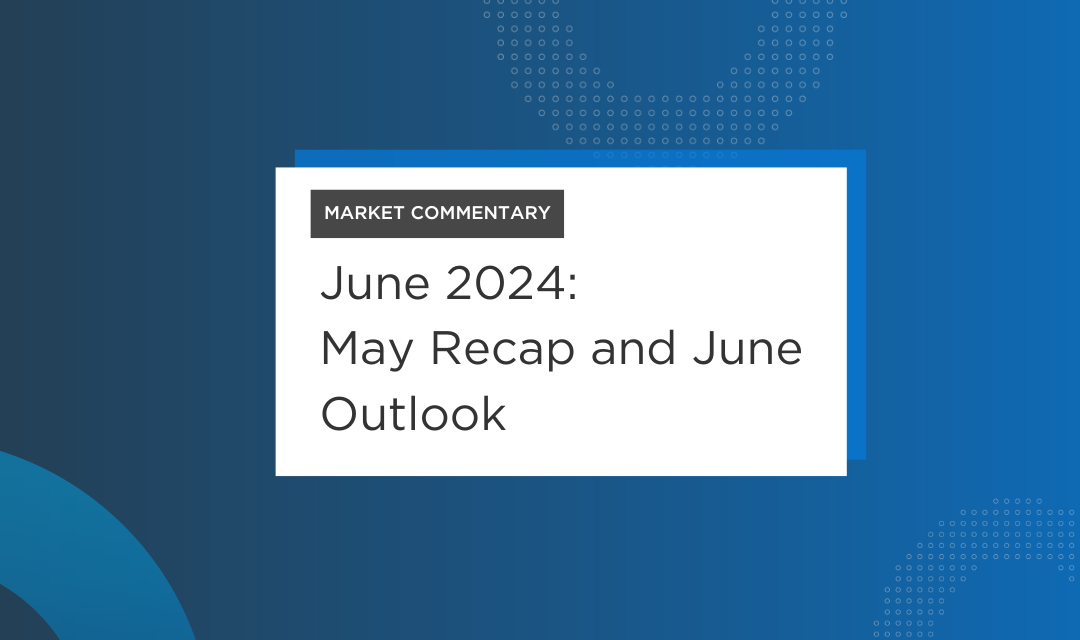Have you ever wondered about the fate of your assets and loved ones after you’re no longer here to guide them? What happens to your family, your hard-earned property, your finances, and the enduring legacy you’ve built over the years? In the face of your absence, rapid changes unfold, often accompanied by confusion and disagreements among loved ones that remain, which can strain relationships.
But it doesn’t have to be this way. You can take proactive steps to ensure a smooth, private, tax-efficient transition and preserve your legacy through estate planning. Additionally, a comprehensive estate plan can safeguard your health care directives in case of incapacitation. This is not merely a concern for the wealthy; it’s an essential component of a well-rounded financial plan that applies to anyone.
What Is Estate Planning?
At its core, estate planning is like creating a blueprint for your future when you’re not here. It serves to guarantee that your desires are respected, your affairs remain private, and your loved ones are provided for once you’re deceased. In simple terms, estate planning encompasses three key aspects:
- Your Belongings: An estate plan should clearly outline how your assets are to be distributed after your passing.
- Your Family: As someone who cares about your family’s well-being, it’s crucial to designate individuals who will look after family members who may need assistance.
- Your Wishes: It’s equally important to communicate your preferences for decisions to be made on your behalf in situations where you can’t make them yourself.
Creating an estate plan serves as a safety net for your loved ones and a way to gift them the knowledge of your wishes, ensuring a seamless transition.
Why Estate Planning Matters for Everyone
Estate planning isn’t an exclusive domain for the wealthy or the elderly. It’s a fundamental strategy for anyone who desires to provide for their family’s well-being and retain a say in the future of their assets. Here’s why estate planning is vital for everyone:
Peace of Mind: The unpredictability of tomorrow is a universal truth. Estate planning provides a sense of security and peace of mind, assuring you that your loved ones will be cared for if unexpected circumstances befall you.
Protecting Your Family: A clear estate plan is synonymous with protecting your family from potential conflicts and legal disputes. Leaving your family without a plan for managing your property can lead to disagreements, straining family relationships.
More Than Just Wealth: Estate planning goes beyond your financial assets; it’s about ensuring your property and family are entrusted to the right people. It also encompasses health care directives, ensuring that your medical wishes are respected and your values endure.
Saves Time and Money: A well-defined estate plan can help your family avoid costly and time-consuming legal complications.
Keeping Your Business Running: If you own a business, estate planning enables you to outline a smooth transition and management plan for your business in your absence.
Protecting Your Property and Assets: Every property and asset owner should clearly specify who receives what and when, reducing the risk of your hard-earned property falling into the wrong hands.
The Essential Components of Estate Planning
Now that you understand the importance of estate planning, let’s delve into its key components:
Your Will: A will serves as a personal letter to the future, outlining how your assets are to be distributed among beneficiaries and who should care for your children if they are minors. Your will is the cornerstone of your estate plan.
Trusts: Trusts are versatile tools that govern how your assets are managed and distributed, making them essential for specific wishes, like providing for minor children or ensuring ongoing care for loved ones with special needs.
Power of Attorney: This document designates someone to make decisions on your behalf if you are unable to do so, covering financial and healthcare matters in line with your preferences.
Succession Plan: If you own a business, a succession plan outlines the management and transition of your company when you’re no longer present.
Beneficiary Designations: Specify who receives your retirement benefits, life insurance, and other assets requiring beneficiary designations. Keeping this information updated ensures your wishes are honored.
Privacy Protection: Privacy is a critical component of estate planning. This aspect ensures that your financial affairs remain confidential and shielded from unnecessary public scrutiny. It can involve strategies such as establishing trusts, using non-disclosure agreements and employing legal mechanisms to protect sensitive information.
Health Care Directives: Health care directives are vital to estate planning. They enable you to specify your medical preferences and designate someone to make healthcare decisions on your behalf if you are unable to do so. This includes instructions regarding life support, organ donation, and end-of-life care.
These elements together form a comprehensive and robust estate plan that secures your family’s future and preserves your legacy.
Taking Action: Starting Your Estate Planning Journey
Imagine having a roadmap that protects your family’s future, your assets, and your wishes. An estate plan offers precisely that. Here are seven simple steps to initiate your estate planning journey:
- Step 1 – Gather Information: Collect detailed information about your assets, including businesses, real estate, and investments, as well as a list of personal belongings to be included in the plan.
- Step 2 – Choose Trusted Individuals: Carefully select individuals you trust to carry out your wishes, such as an executor for your will, a guardian for your children, and individuals capable of managing your affairs if you cannot.
- Step 3 – Consult with Professionals: Seek guidance from experienced individuals in financial wellness and estate planning, like our team at TCG, a HUB International company. Our experience can help align your estate plan with your goals and navigate legal matters.
- Step 4 – Draft Your Documents: Collaborate with a legal expert who specializes in estate planning to draft essential documents, such as your will, trusts, and beneficiary designations. These documents form the foundation of your estate plan.
- Step 5 – Discuss Your Plan with Your Family: Openly communicate your estate plan with your loved ones to avoid potential conflicts and confusion in the future.
- Step 6 – Update Your Plan Regularly: Life evolves, and so should your estate plan. Review it periodically at least every five years, and especially during significant life events such as marriage or childbirth.
- Step 7 – Keep Your Plan Accessible: Ensure that those you trust know the location of your estate plan, making it readily available when needed. In addition, a record of applicable website URLs, usernames, and passwords will be indispensable for survivors.
Always remember that an estate plan is a gift for both you and your family, offering clarity and protection during challenging times.
Now is the time to take action, seek professional guidance, and position your loved ones as the ultimate beneficiaries in your absence. Initiate your journey towards a seamless transition and legacy preservation by creating an estate plan today.
SOURCES USED:
https://www.investopedia.com/articles/wealth-management/122915/4-reasons-estate-planning-so-important.asp
https://www.morganstanley.com/articles/estate-planning-checklist
DISCLOSURES
Investment advisory services offered through TCG Advisors, an SEC registered investment advisor. Recordkeeper and Third Party Administrator services offered through TC Administrators. HUB FinPath and Tax Services are offered through PW Solutions. Cypher is offered through Cypher Security, LLC. Consulting Services are offered through TCG Consulting Services, LLC. TeleWealth virtual meetings are offered through TCG Advisors. TCG Advisors, TCG Administrators, HUB FinPath, RPW Solutions, Cypher Security, LLC and TC Consulting Services are under common ownership of HUB International and are affiliates of TCG Advisors. Legal and Tax advice may be provided by Hessler Legal, an unaffiliated law firm. Certain of TC Advisors’ investment advisory representatives may also be affiliated with Hessler Legal. TC Advisors does not receive compensation from Hessler Legal for referrals.
HUB International, owns and operates several other entities which provide various services to employers and individuals across the U.S.
This website is not authorized for use as an offer of sale or a solicitation of an offer to purchase investments. This website is for informational purposes only and does not constitute an offer to sell, a solicitation to buy, or a recommendation for any security, or as an offer to provide advisory or other services in any jurisdiction in which such offer, solicitation, purchase or sale would be unlawful under the securities laws of such jurisdiction.
Past performance may not be indicative of any future results. No current or prospective client should assume that the future performance of any investment or investment strategy referenced directly or indirectly in this brochure will perform in the same manner in the future. Different types of investments and investment strategies involve varying degrees of risk—all investing involves risk—and may experience positive or negative growth. Nothing in this brochure should be construed as guaranteeing any investment performance.
This website may contain forward-looking statements and projections that are based on our current beliefs and assumptions on information currently available that we believe to be reasonable; however, such statements necessarily involve risks, uncertainties, and assumptions, and prospective investors may not put undue reliance on any of these statements. TCG.184.2023


